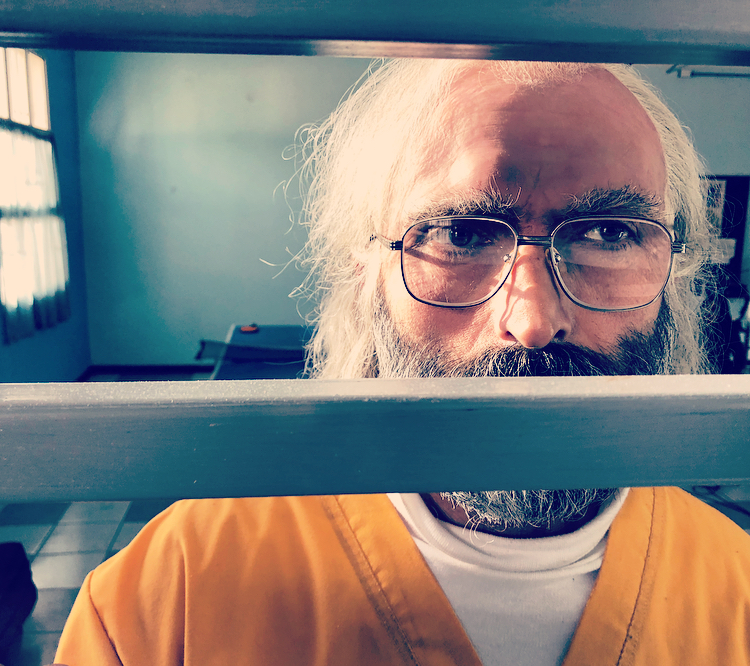
- Golden Globe Awards
Spider (Chile)
Spider (a name that refers to the fascist web of subversion which worked to oust Chile’s president Salvador Allende) is a historical thriller that explores the evolution of radical political activism as well as a dangerously charged love triangle.The film opens in present-day Santiago, Chile. A man snatches a woman’s purse only to be chased down in a car by an old man (Marcelo Alonso). The purse snatcher thinks he’s safe until the old man takes a hard left and smashes into a concrete wall, instantly killing the criminal. Police investigating the incident found a large automatic weapon in the man’s trunk, suggesting that his act of vigilantism hides something far darker.We flashback to the ‘70s, and that old man, named Gerardo, (Pedro Fontaine), is a former soldier who was kicked out of the military for his spitfire temper. Two wealthy right-wingers, Inés (María Valverde) and her obnoxious husband, Justo (Gabriel Urzúa), recruit him into a real-life, far-right nationalist group Patria y Libertad (Fatherland and Liberty) seeking to overthrow the democratically elected president Salvador Allende. Inés, fed up with her impotent husband, begins an affair with Gerardo who ultimately volunteers to be a “martyr” for the movement. Now, 40 years later Inés and Justo (now played by Mercedes Morán and Felipe Armas) are even wealthier and hold prominent positions in society. Their participation in the terrorist incidents that led up to the military junta has been forgotten, but Gerardo’s reappearance and arrest threaten to out them as former fascists. Justo is too drunk to be of any use, but a calculating Inés uses all her influence to try to get Gerardo locked up in a mental institution before he can say anything more about their past connection.Andres Wood, one of the most successful Chilean directors, a Goya Award winner in 2008 for La Buena Vida and World Cinema Grand Jury Prize at Sundance in 2012 for Violeta se fué para los cielos, tells us a story of the passing of time, through two different timelines, one set on the eve of the Chilean coup d’État in 1973 when Marxist president Salvador Allende was deposed and replaced by the dictator Augusto Pinochet, the other in the present day, in which Gerardo hasn’t been able to come to terms with life after his younger years and Justo and Inés have also idealized the past, but they are not prepared to admit it openly.“The root of the film’s idea came from wondering where these people would be and what’s happening in Chile today. The film began development well before Brexit, before Trump and before Chile’s current political conflict,” said Wood in a press conference held at the past San Sebastian Film Festival. While the director was promoting his film in North America, his country erupted in protests amid a massive and violent time of political upheaval. What started as Chilean people’s frustration and anger with their government over economic inequality, ended up in a state of national emergency and protestors accusing the military of using excessive force. Wood said he was shocked by how the film has become startlingly more relevant and why it gives him hope for change in Chile.

